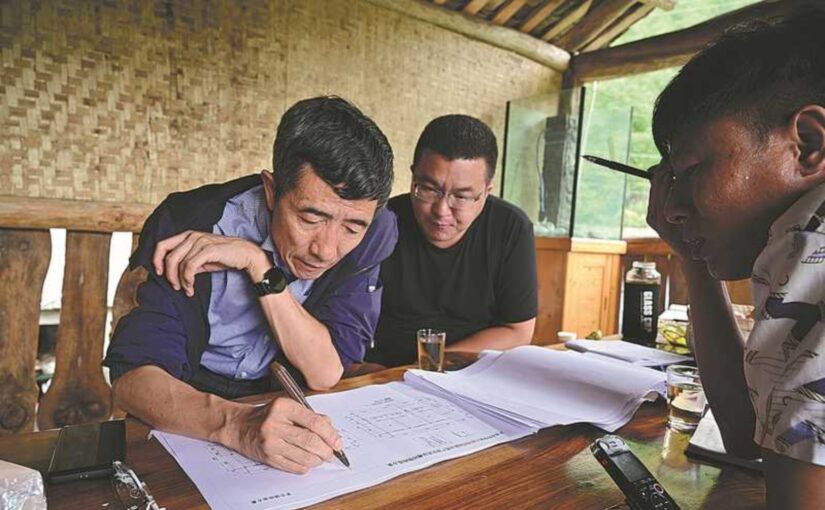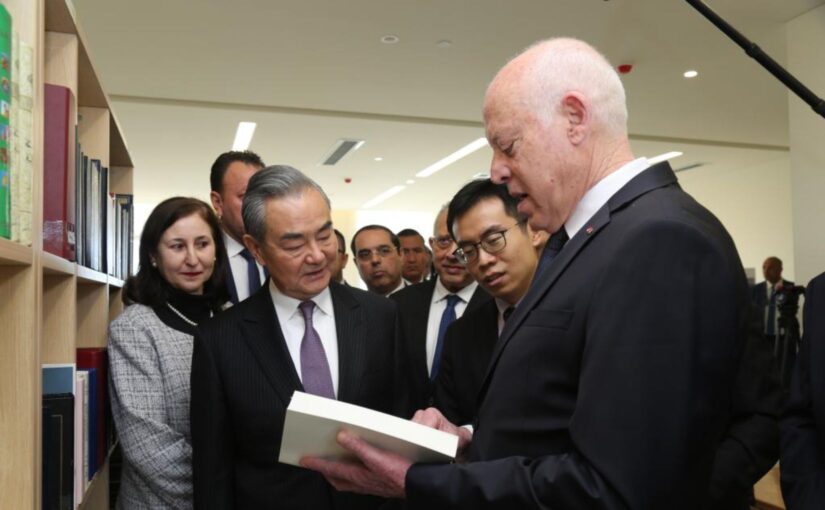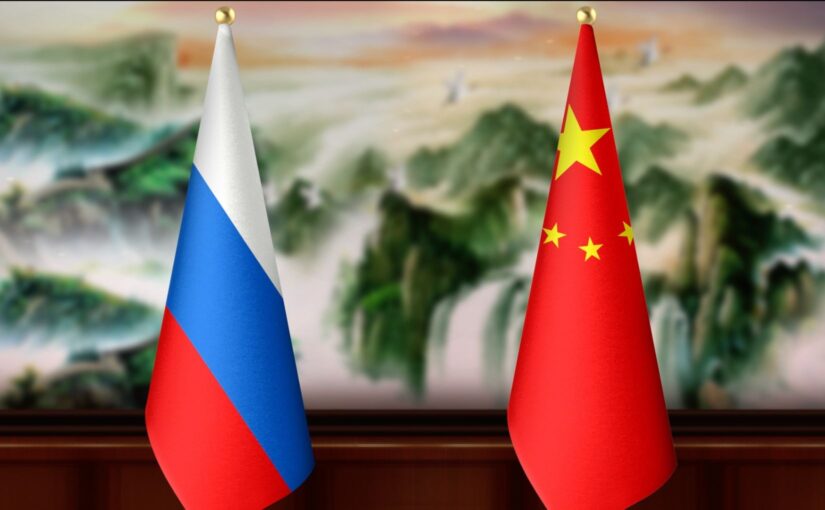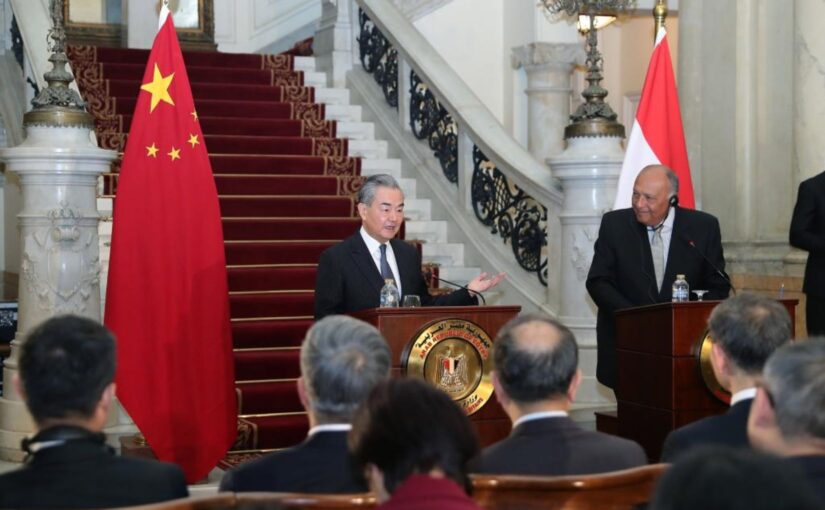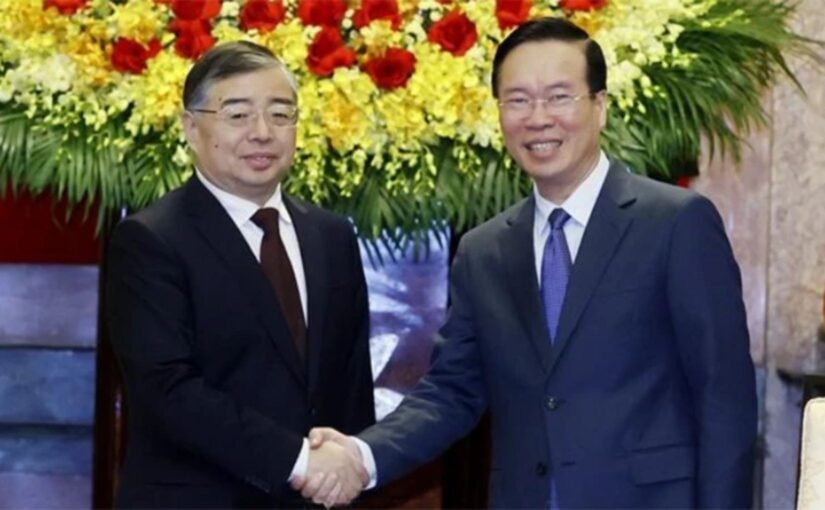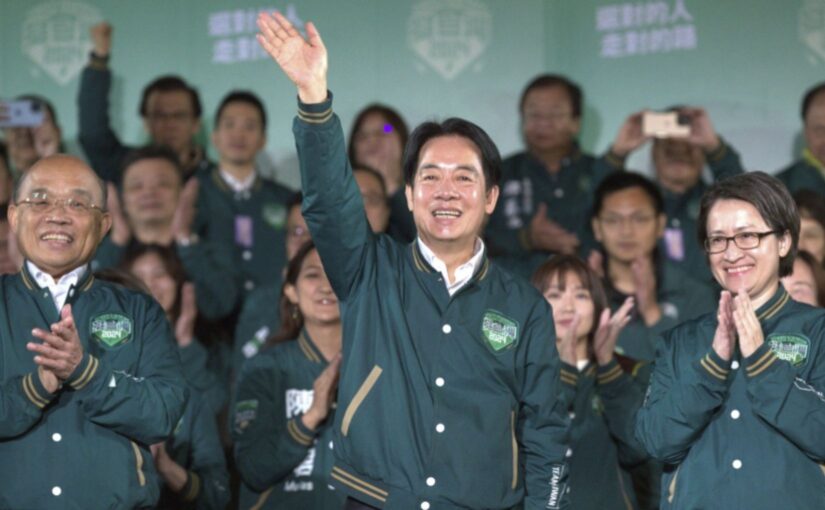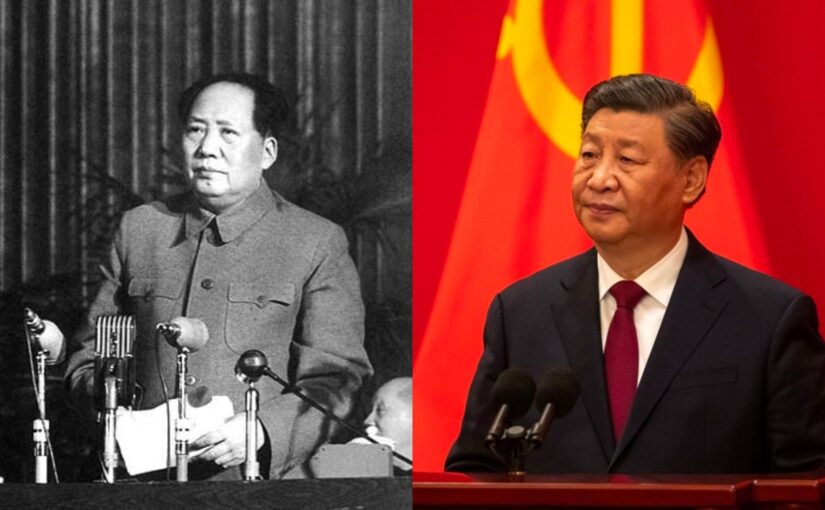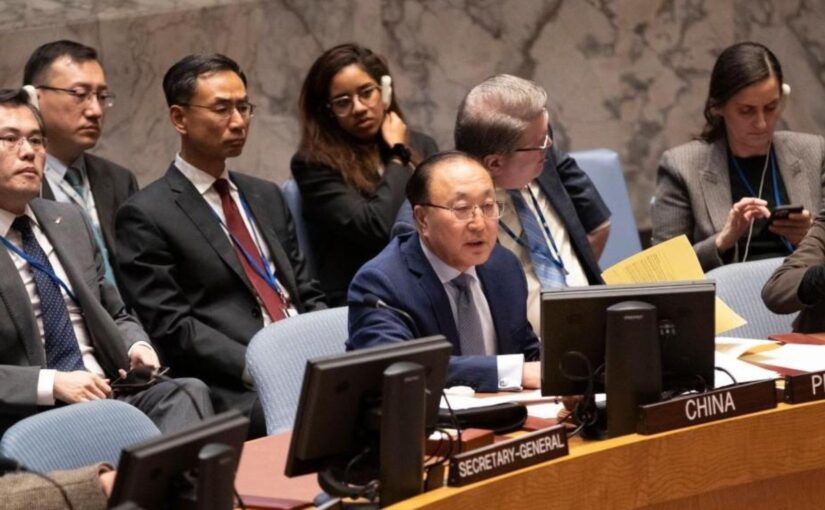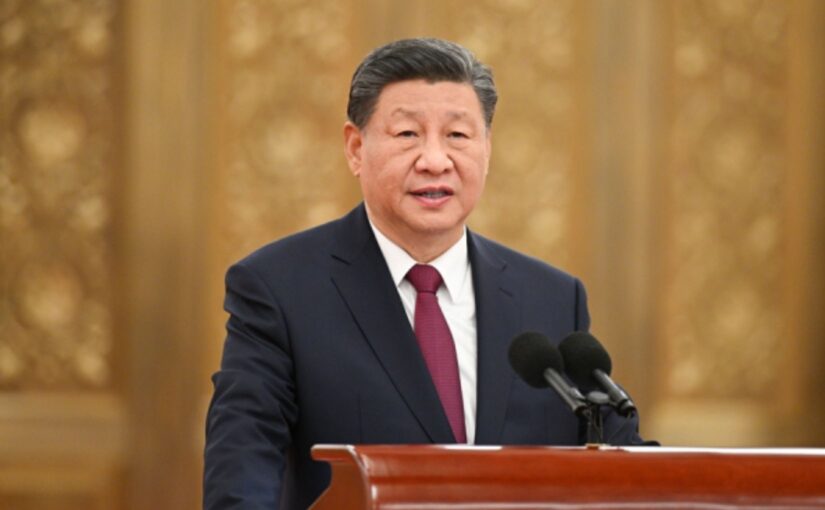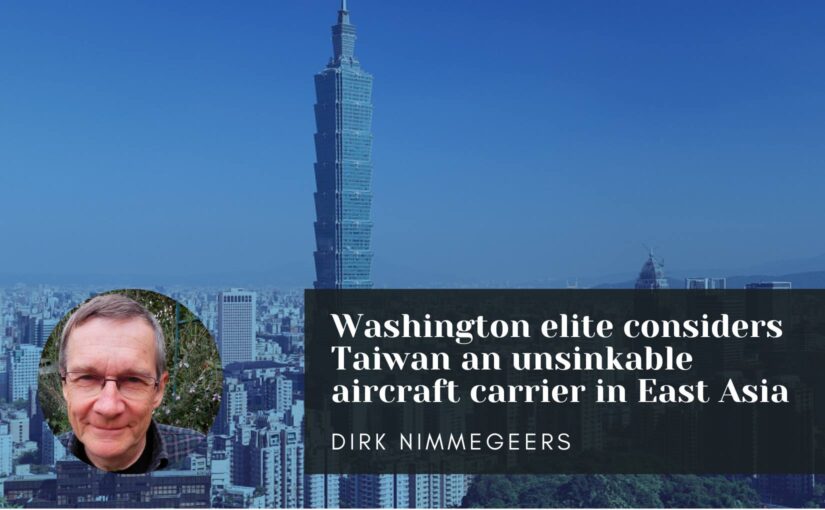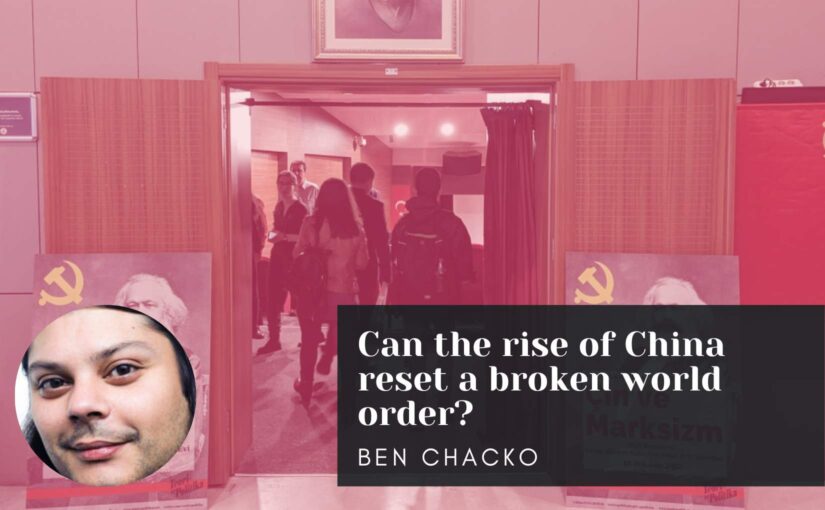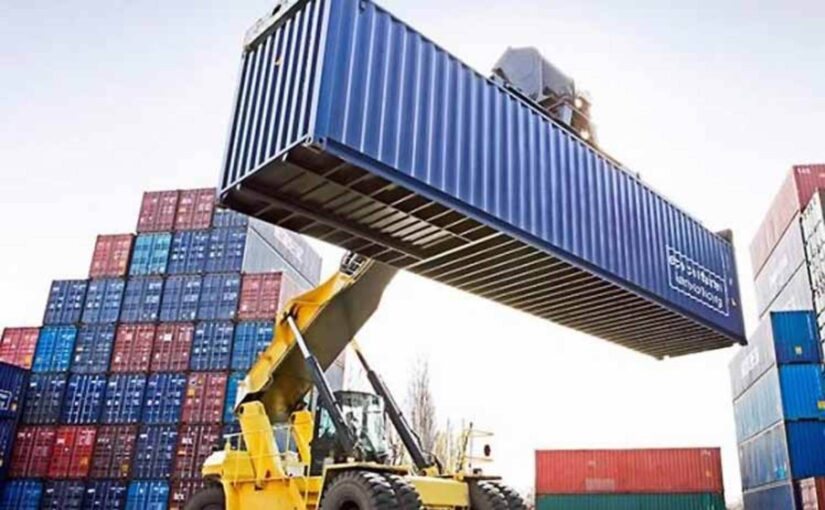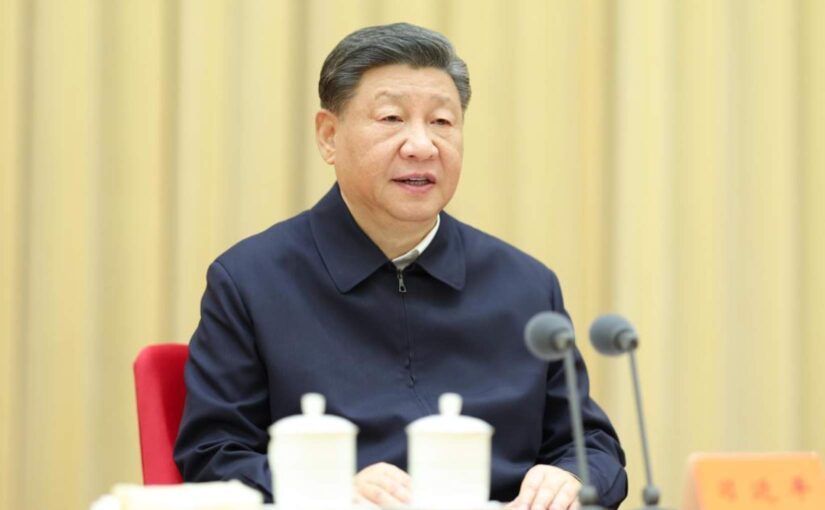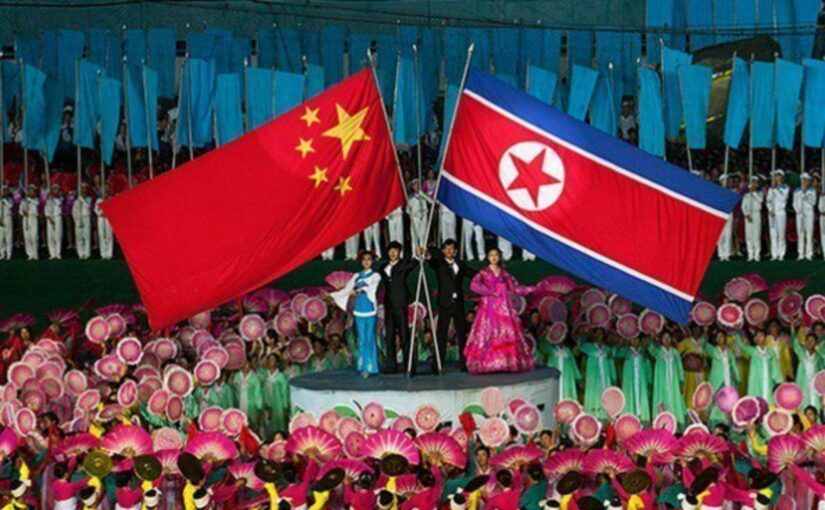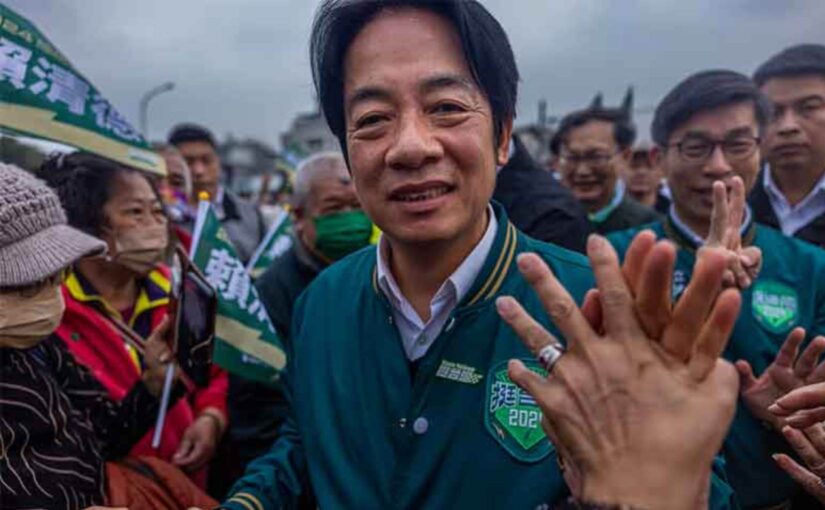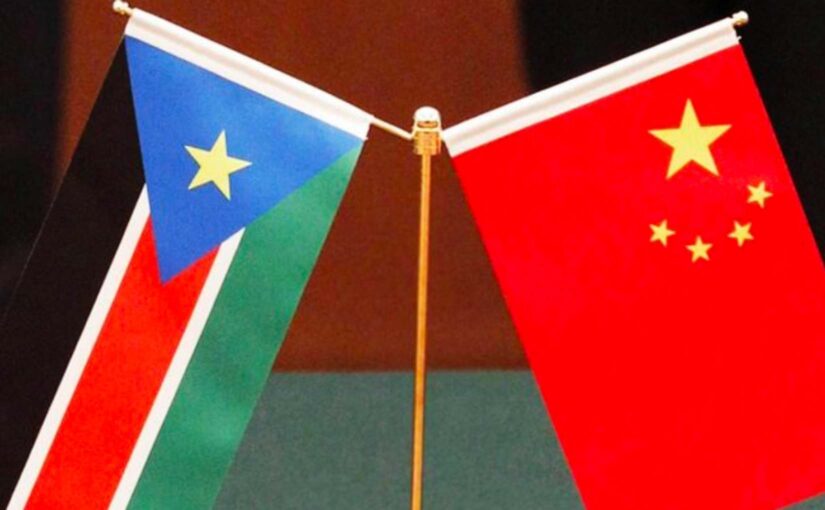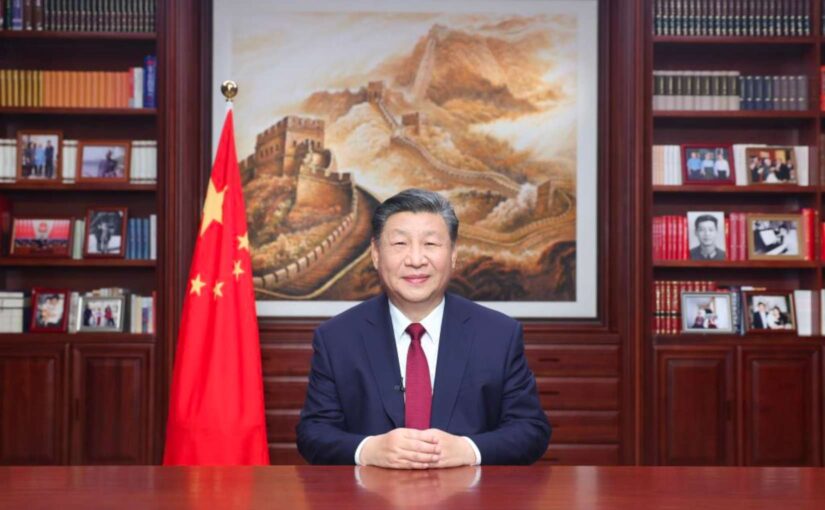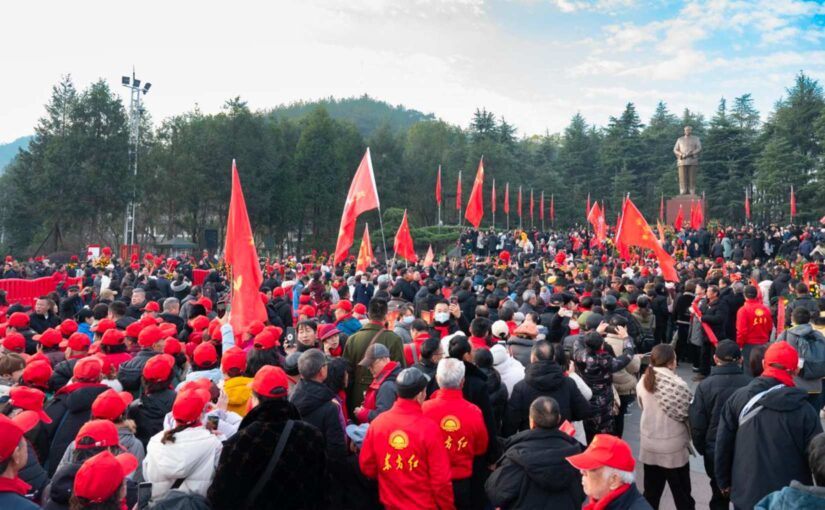This article by Li Xiaoyun, Chair Professor of Humanities at the China Agricultural University and a widely-respected expert in the field of poverty alleviation, makes a number of important and thought-provoking points about China’s successes in eradicating poverty.
Li makes the oft-overlooked point that China’s poverty alleviation efforts have been a long-term process starting not with the initiation of Reform and Opening Up in the late 1970s but with the land reform and social welfare measures of the 1950s. This is consistent with research showing that, around the world, “redistributive land reform, starting with breaking up land concentration and land monopolies, maximises economic efficiency and social justice and helps to alleviate rural poverty.”
By 1978, famine had been eradicated, feudal land ownership systems had been dismantled, and education and healthcare services were available throughout the country. This progress “provided an important basis for the high economic growth and massive poverty reduction that followed the reform and opening up.” Further, “the 1978 reform and opening-up policy effectively utilised the material and human resource base laid down in the area of agricultural development prior to 1978 and became the second interface of China’s poverty reduction mechanism.”
Rapid economic growth in the reform period, starting with the household responsibility system in the countryside, has been a crucial driver of poverty reduction in China. But Li also emphasises the importance of the government’s active role in this process, including through the provision of basic public services, the development of infrastructure, and the implementation of targeted poverty alleviation measures. He further notes that many countries of the Global South have experienced relatively high GDP growth but have not enjoyed similar levels of poverty reduction. This indicates that GDP growth alone does little to improve the lives of the poor, and that governments must devote substantial focus and resources to this project.
The author writes that although inequality has risen rapidly over the last four decades, the government has taken active and decisive measures to ensure that the benefits of economic growth are shared by all. “In order to address the issue of inequality, in 1986, the Chinese government formally established a leading agency for rural poverty alleviation at both the central level and at the local level. At the same time, special funds for poverty alleviation were set aside at the central financial level to designate poverty-stricken areas, thus beginning a targeted and planned rural poverty alleviation and development strategy.”
Tackling rural poverty has been a particular focus over the last two decades, starting with the complete abolition of agricultural taxes in 2006, the implementation of rural low income insurance in 2004 and the realisation of medical care coverage for all rural residents by 2010. With the start of the targeted poverty alleviation campaign in 2014, “resources are pooled through extraordinary administrative initiatives, concentrating human, material and financial resources on the poorest areas and neediest groups.”
Li observes that China’s urbanisation has also made an important contribution to poverty reduction – “the movement of the rural population into industry and cities means an increase in income and welfare, and thus industrialisation and urbanisation have a direct poverty-reducing effect.” Meanwhile “the significant decline in the rural population has also meant a relative increase in the labour productivity of those who remained in the countryside and continue to work in agriculture.” It’s worth noting that in several other countries, rapid urbanisation has taken place in a relatively disorganised manner, with peasants escaping a life of grinding poverty and debt in the countryside, only to end up in peri-urban slums without secure employment or access to services. China’s urbanisation, while not without challenges and problems, has been generally well-managed.
The article concludes with a hugely important point about the indispensable role of the Communist Party of China in the fight against poverty:
The main reason why China was able to finally eradicate absolute rural poverty was because the CPC relied on its political advantage of unifying society and strongly integrated its political commitment to poverty reduction across all sectors of government and society, breaking the constraints of interest groups and administrative bureaucracy and achieving a redistribution of wealth and opportunities.
Which is to say that a socialist system provides the best possible framework for improving people’s lives.
This article first appeared on Progressive International.
On 25 February 2021, Chinese President Xi Jinping officially declared in Beijing that China will finally eliminate absolute rural poverty. As the standard for absolute rural poverty in China is higher than the World Bank’s standard for extreme poverty,2 China lags behind the World Bank’s estimates for eliminating absolute rural poverty. According to the World Bank’s poverty line of US$1.9 per person per day, there were 878 million poor people in China in 1981, and the incidence of poverty was 88.3%. By 2015, that number had fallen to 9.7 million, with an incidence of 0.7%.3
Economic growth and income redistribution are generally accepted as two important drivers of poverty reduction. Based on the situation in the United States, in 1964 Anderson suggested that economic growth was an important contributor to poverty reduction in the country.4 However, the experience of developing countries has been different. States in sub-Saharan Africa, for example, have, to varying degrees, seen relatively high levels of economic growth over the past two decades, but they have not achieved significant poverty reduction. This shows that economic growth is only one factor in poverty reduction. For poverty reduction to succeed, economic growth must also be set to address poverty alleviation.5 Secondly, the rise in income inequality accompanying economic growth is a major problem for developing countries and many middle-income countries. The rise in inequality directly worsens relative poverty, a process that China began to experience at the turn of the century. In the context of poverty reduction, China’s primary challenge before the new century was to put economic growth in the service of the poor. Since then, inequality became increasingly pronounced. These two features have greatly influenced changes in China’s poverty reduction strategies and policies.
Views on poverty reduction in China tend to fall into two categories. One sees China’s development and poverty reduction as part of a universal trend of socio-economic transformation that followed as a result of China’s assimilation into globalisation. The other sees China’s achievement of development and poverty reduction as a particular case, with its own unique Chinese characteristics.6 This paper will mainly introduce and analyse the process of poverty reduction in China from three aspects – the historical role of development in poverty reduction before 1978, economic growth in service of poverty alleviation after 1978, and the goal of poverty eradication in the face of increasing inequality – at the same time considering its core elements and their global significance.
Continue reading Pro-poor development – how China eradicated poverty